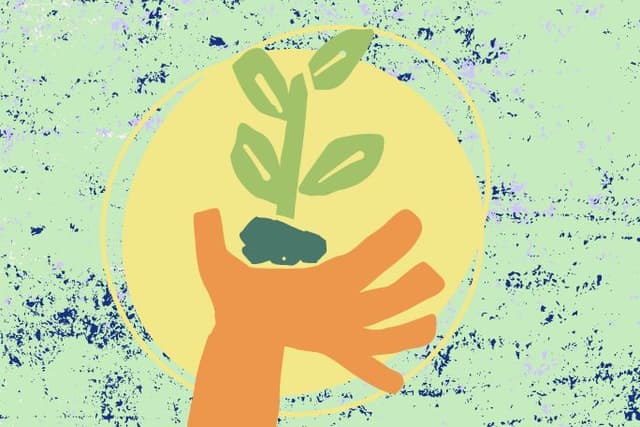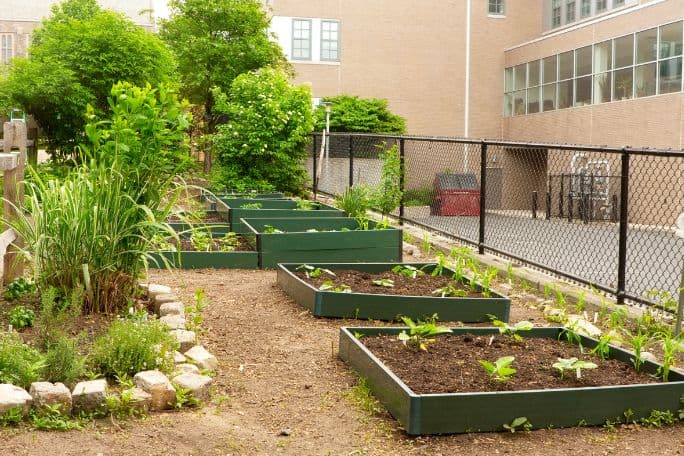
Seeds of Connection: Biodiversity, Culture, and Community in Schools
EnvironmentalBiodiversityConservationSocialMental HealthSocial and Emotional LearningOutdoor Learning
Go to
Course Summary
Course Content

Seeds of Connection: Biodiversity, Culture, and Community in Schools
01.
Intro
02.
Why school biodiversity projects matter
03.
Benefits for students, schools and communities
04.
Learning from case studies
05.
Beginning the conversation with community
06.
Building relationships, not just projects
07.
Planning your garden
08.
Engaging students in the process
09.
Embedding cultural protocols into practice
10.
Implementing the school garden
11.
Maintaining and sustaining the garden
12.
Extending learning into the classroom
13.
Measuring impact and sharing the story
14.
Growing and learning
15.
Reflection
16.
Congratulations